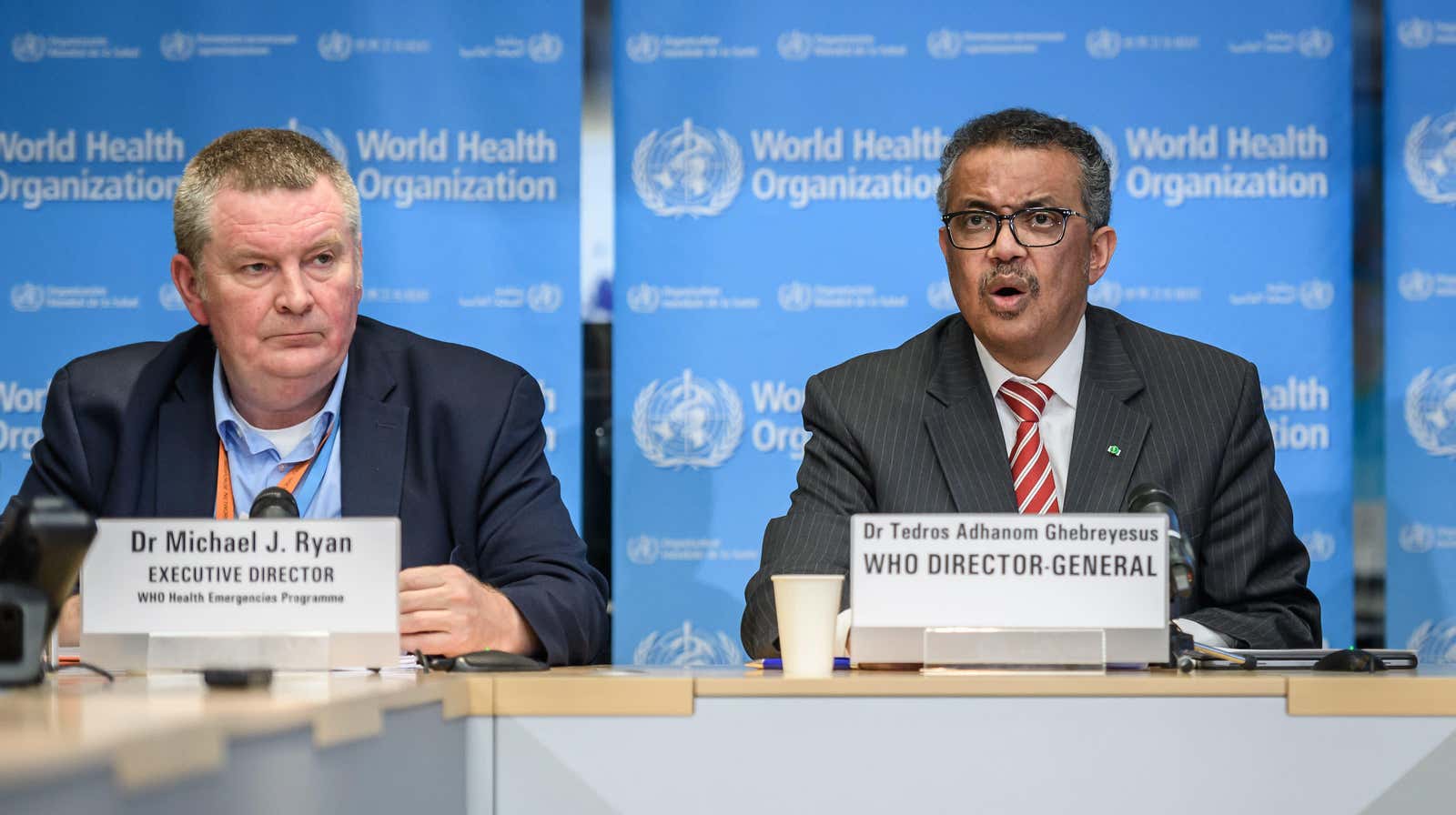What Does It Mean Now That WHO Calls COVID-19 a Pandemic

Until now, the World Health Organization has been reluctant to call COVID-19 a pandemic. Today they decided to start using this word.
While the move was welcome, it is purely symbolic. A few weeks ago, they declared the coronavirus a “public health emergency of international concern,” or PHEIC, which is an official designation that relates to international health regulations .
“Pandemics are not ‘declared’,” Michael Ryan, Executive Director of the WHO Health Emergencies Program, told a press conference today. “This is a description.”
Lately, many people have been wondering why the organization did not want to use this word. WHO regularly explains in briefings that the virus can still be contained, and they are trying to encourage countries to prevent it from becoming a pandemic. This choice of wording has sparked controversy among public health professionals, but the debate is now over. Today, the disease seems to have crossed the threshold even for the WHO.
What changes as a result? In fact, not that much. The organization continues to urge countries to take appropriate action based on how many cases they have and what their health systems can handle. For example, if there are only a few cases, it is most effective to track the contacts of infected people. If the virus has spread in a community in a way that we don’t know who might have it, social distancing such as canceling large gatherings becomes an important focus.
Ultimately, everyone, from governments and companies to individuals, must take action to prevent the spread of the disease, reduce the burden on health systems, and address social, economic and human rights concerns . Because in the end we are all together .